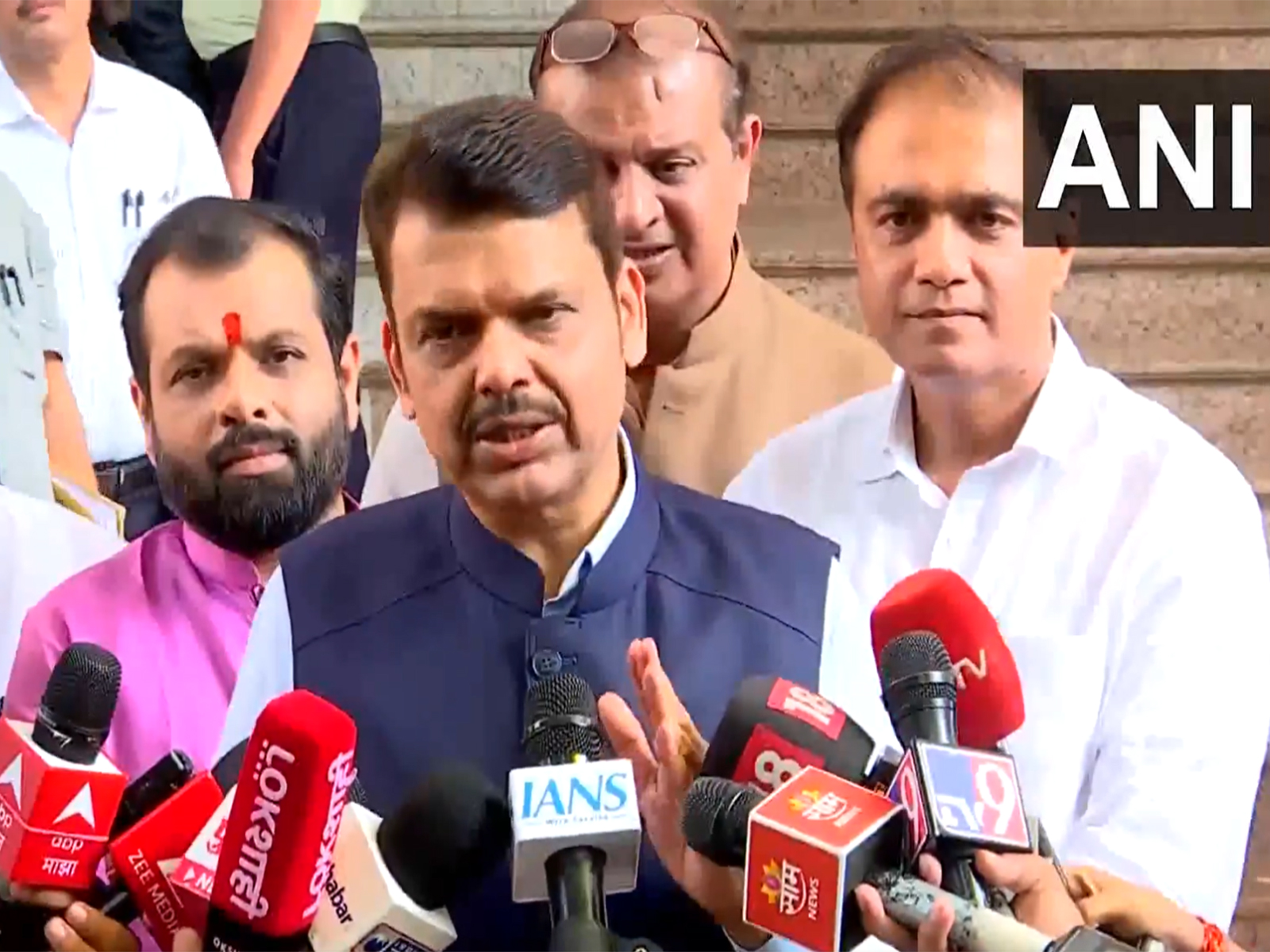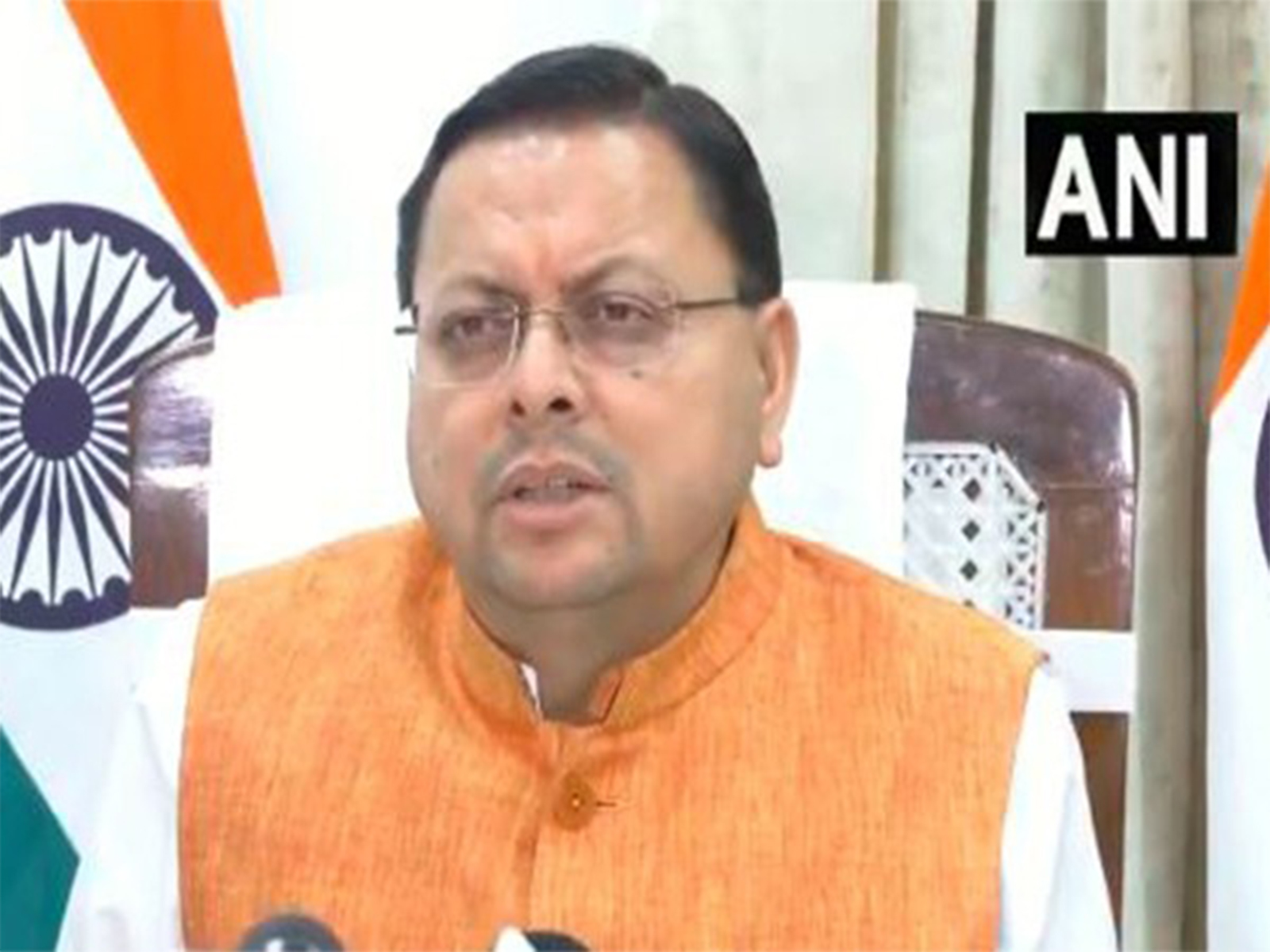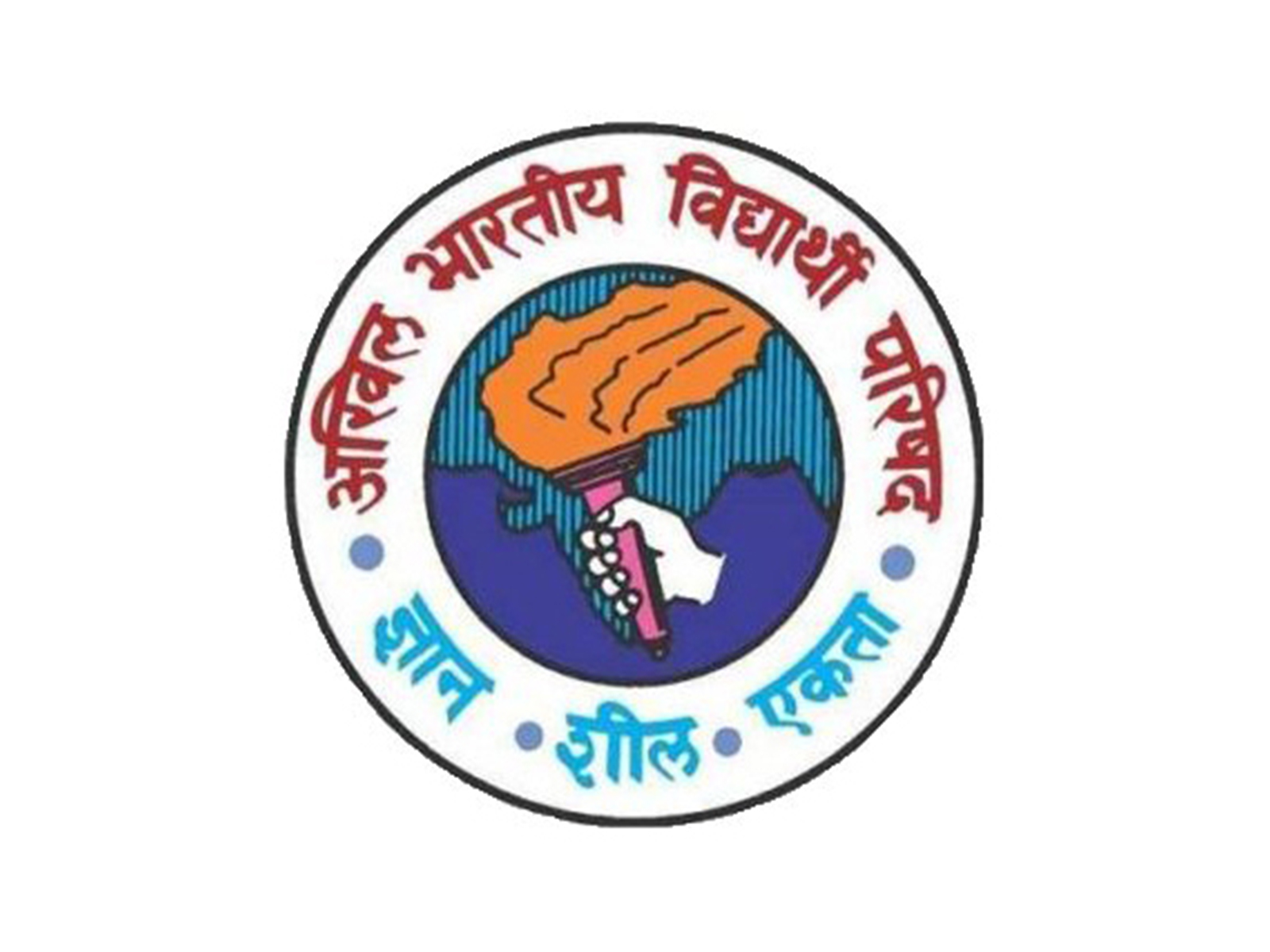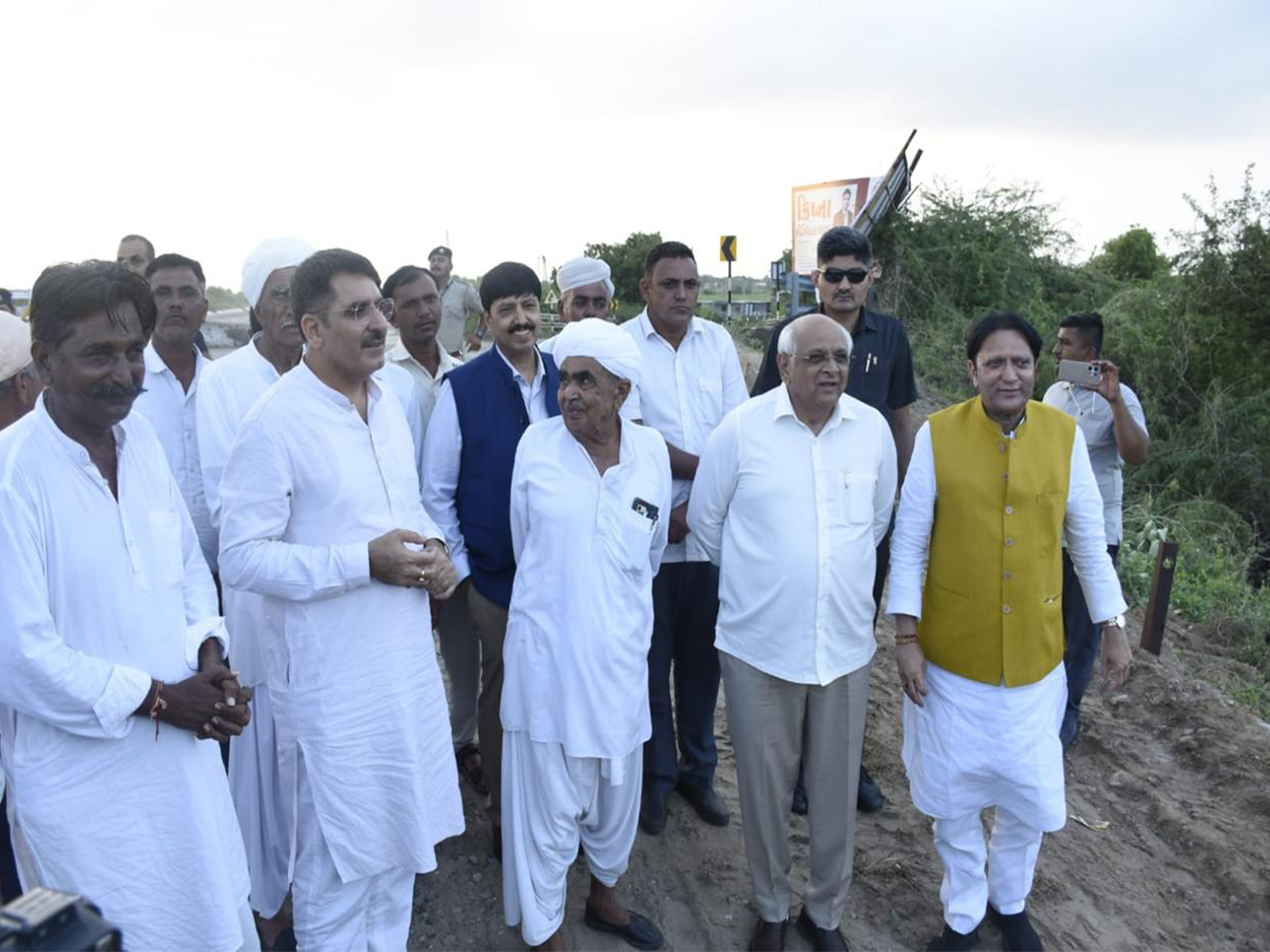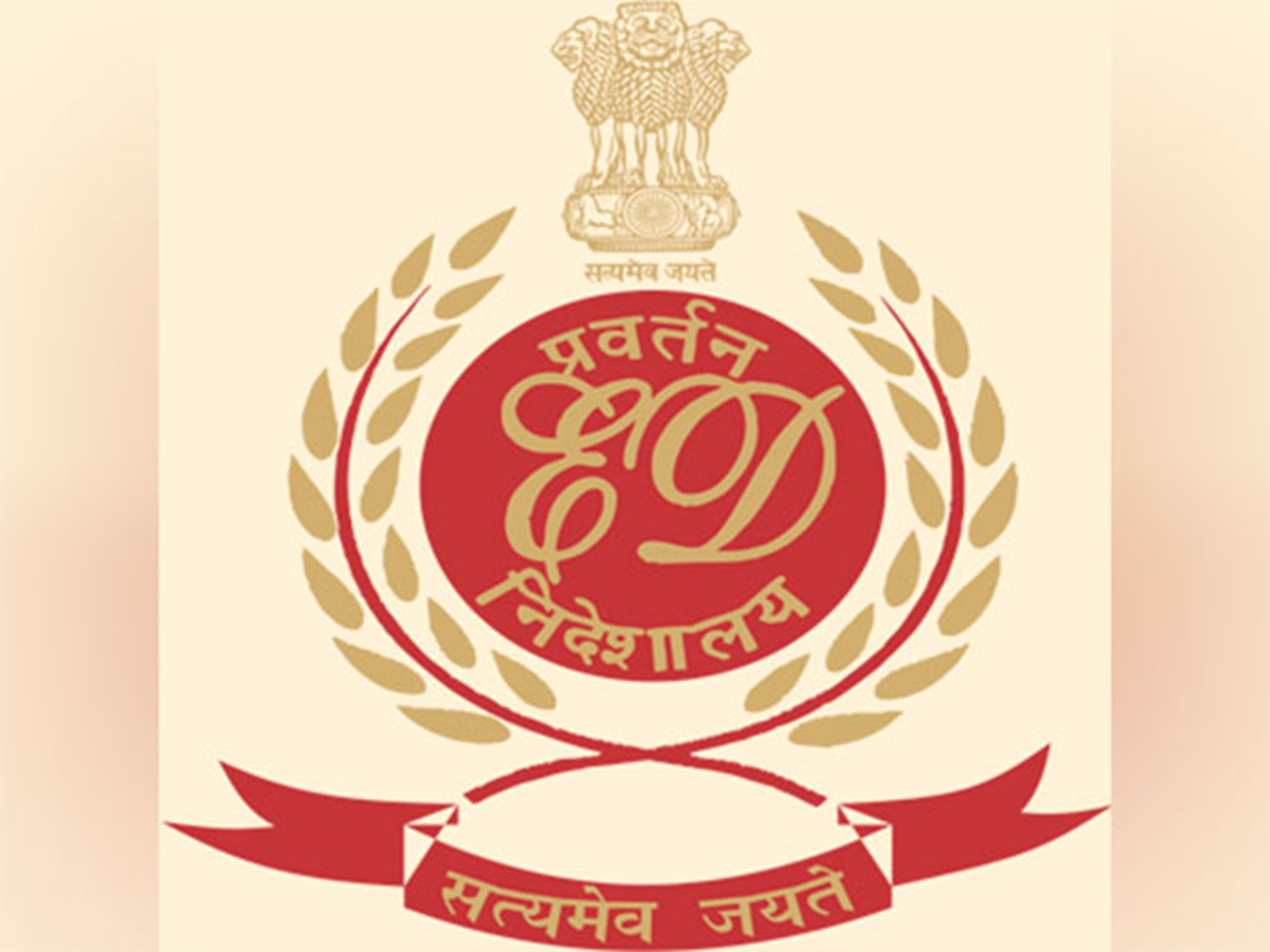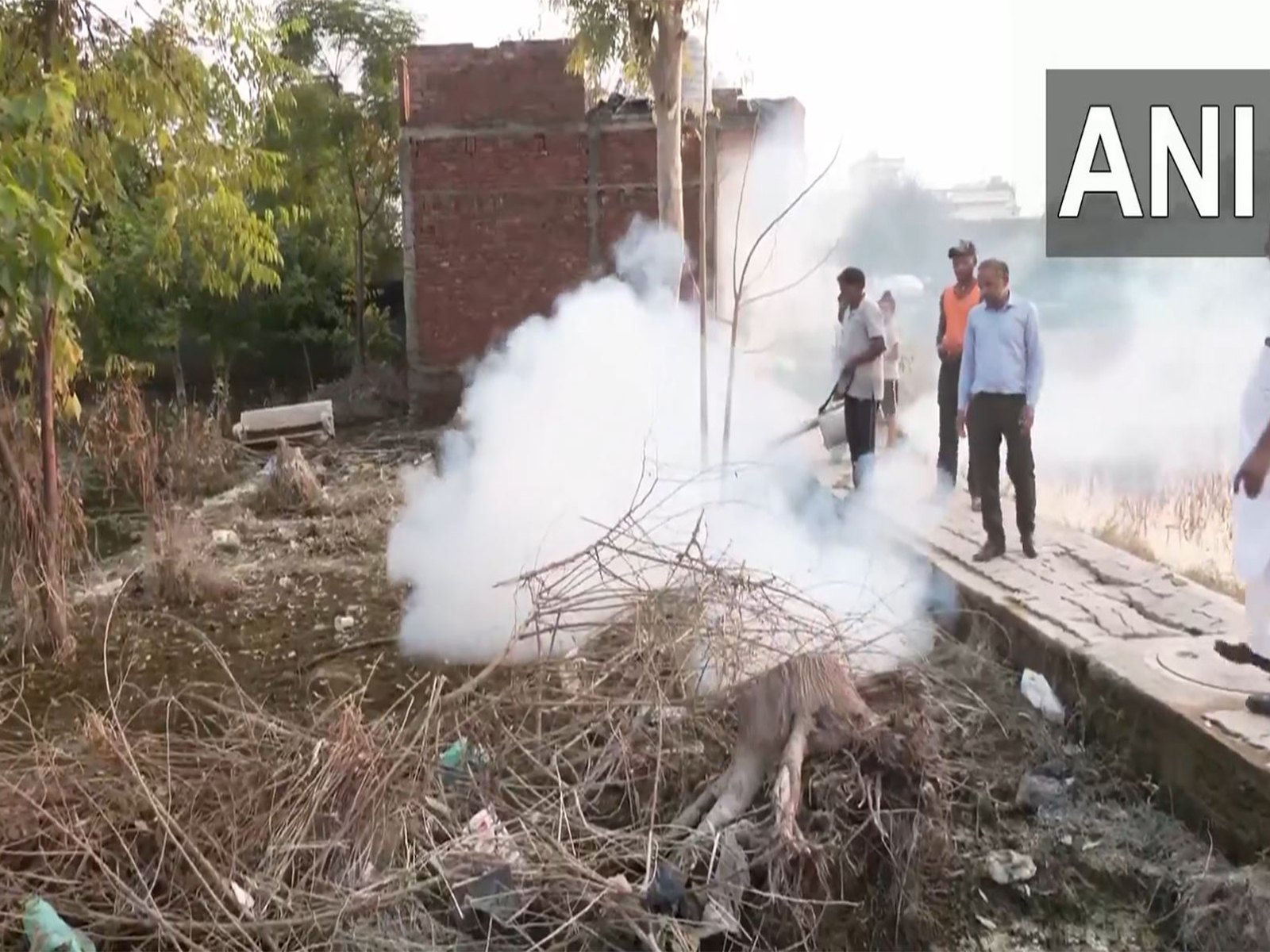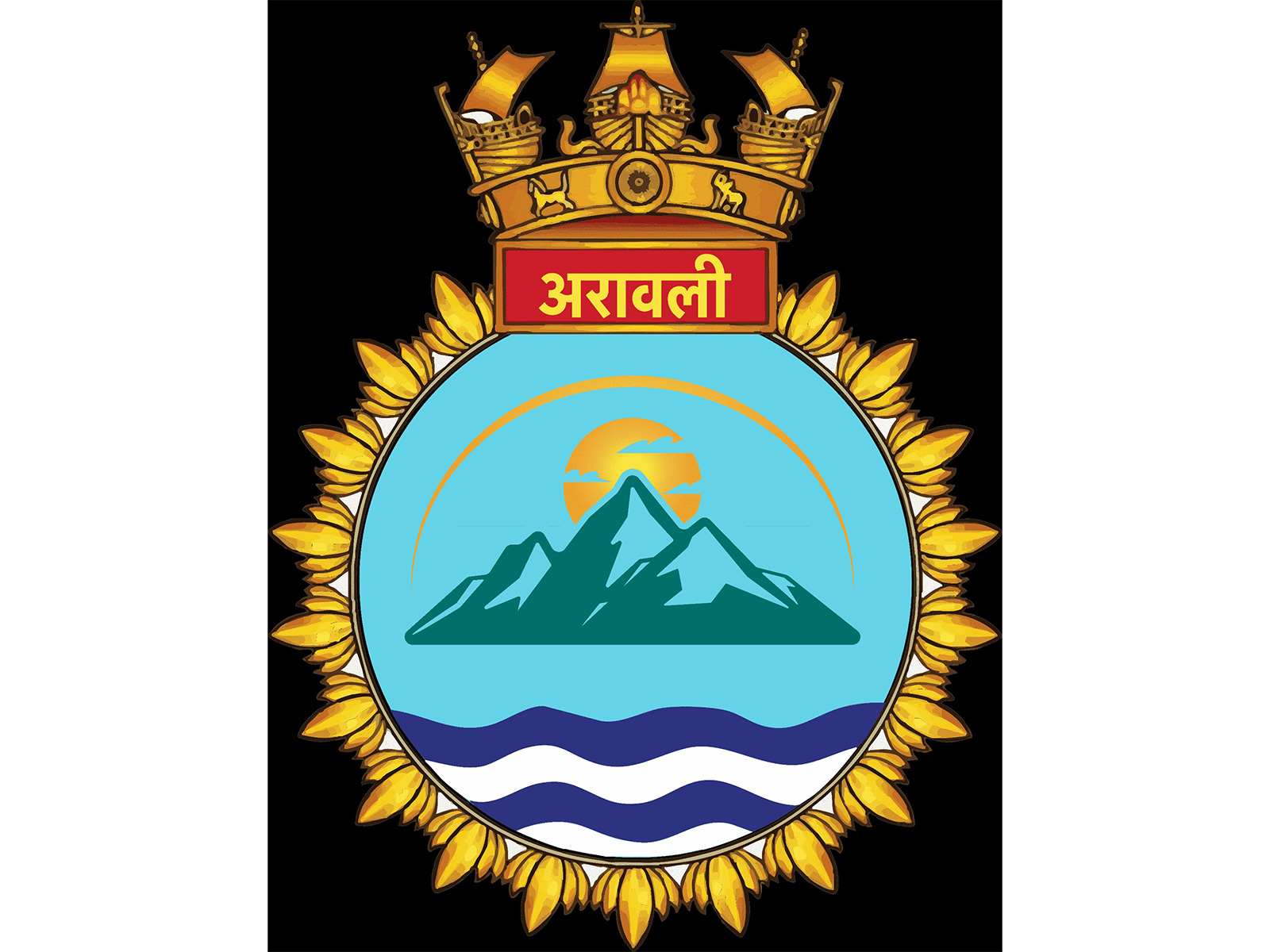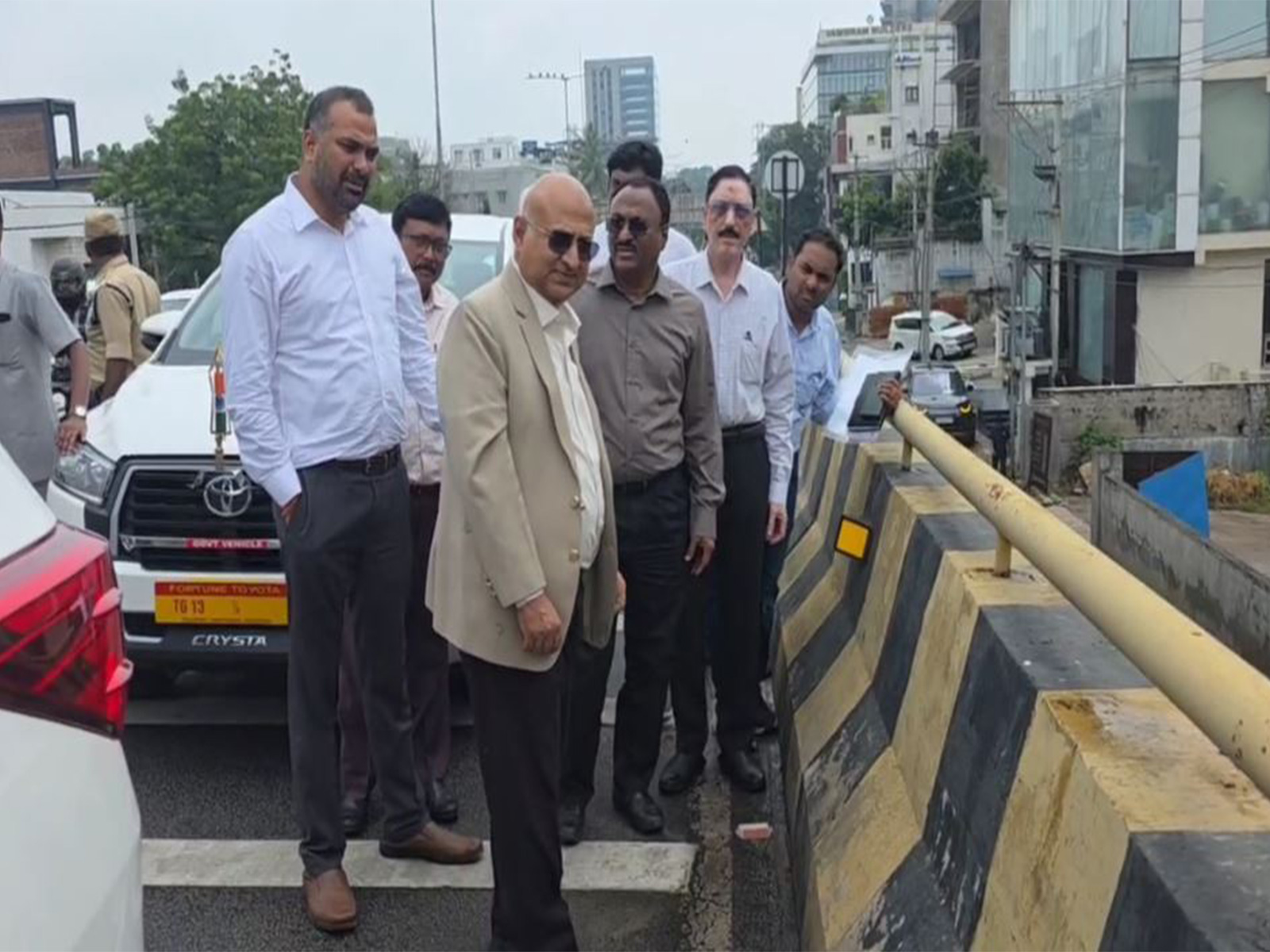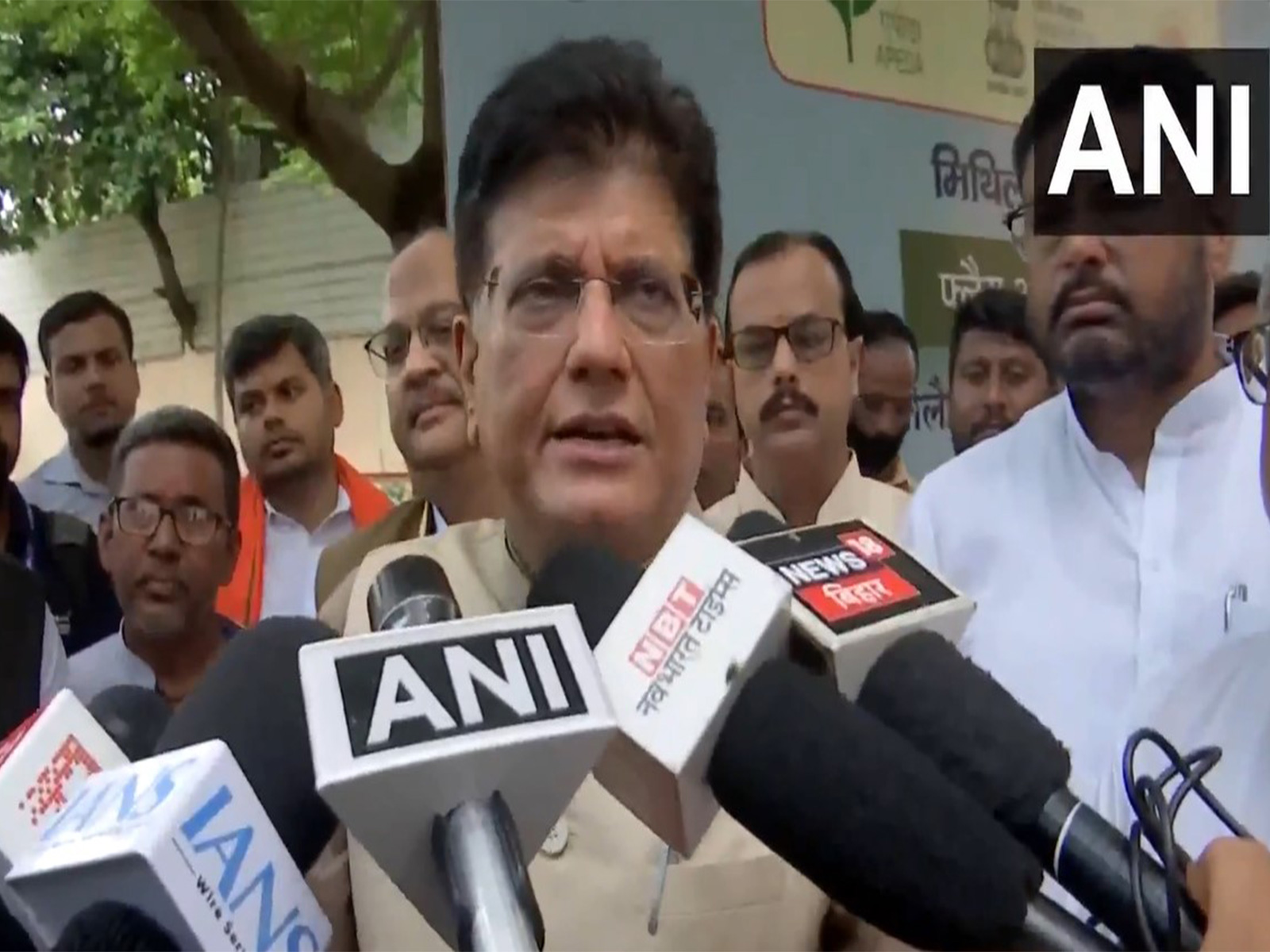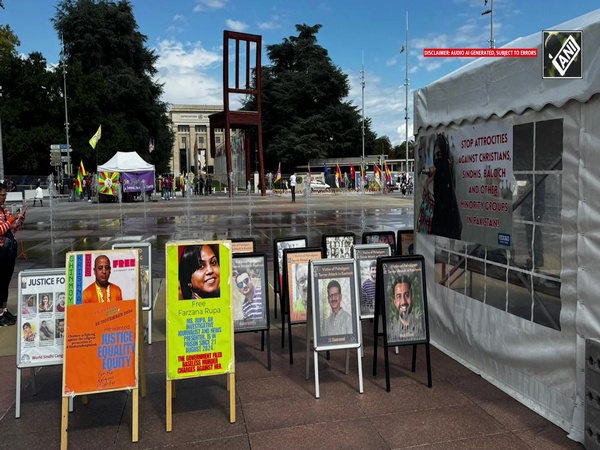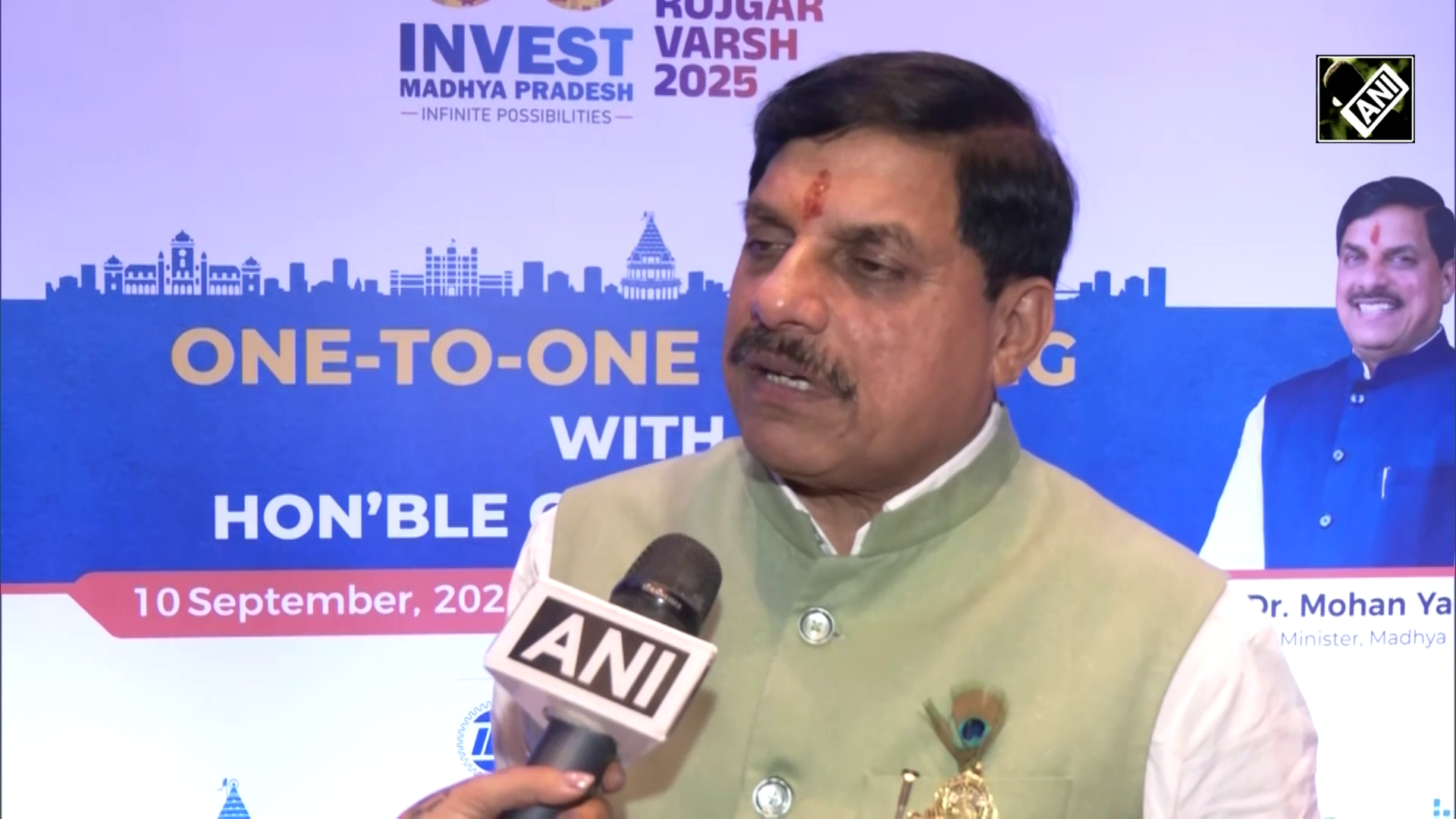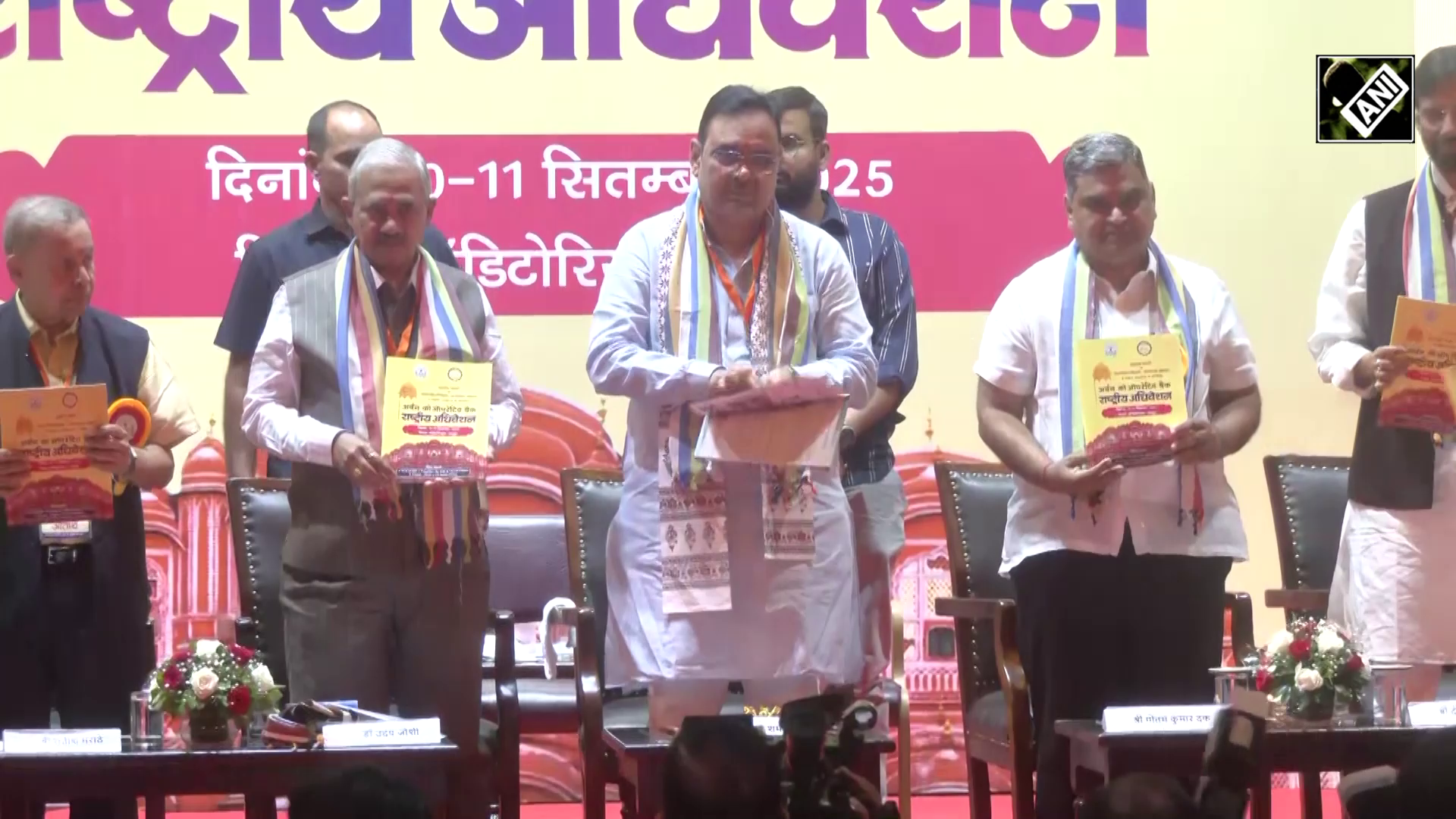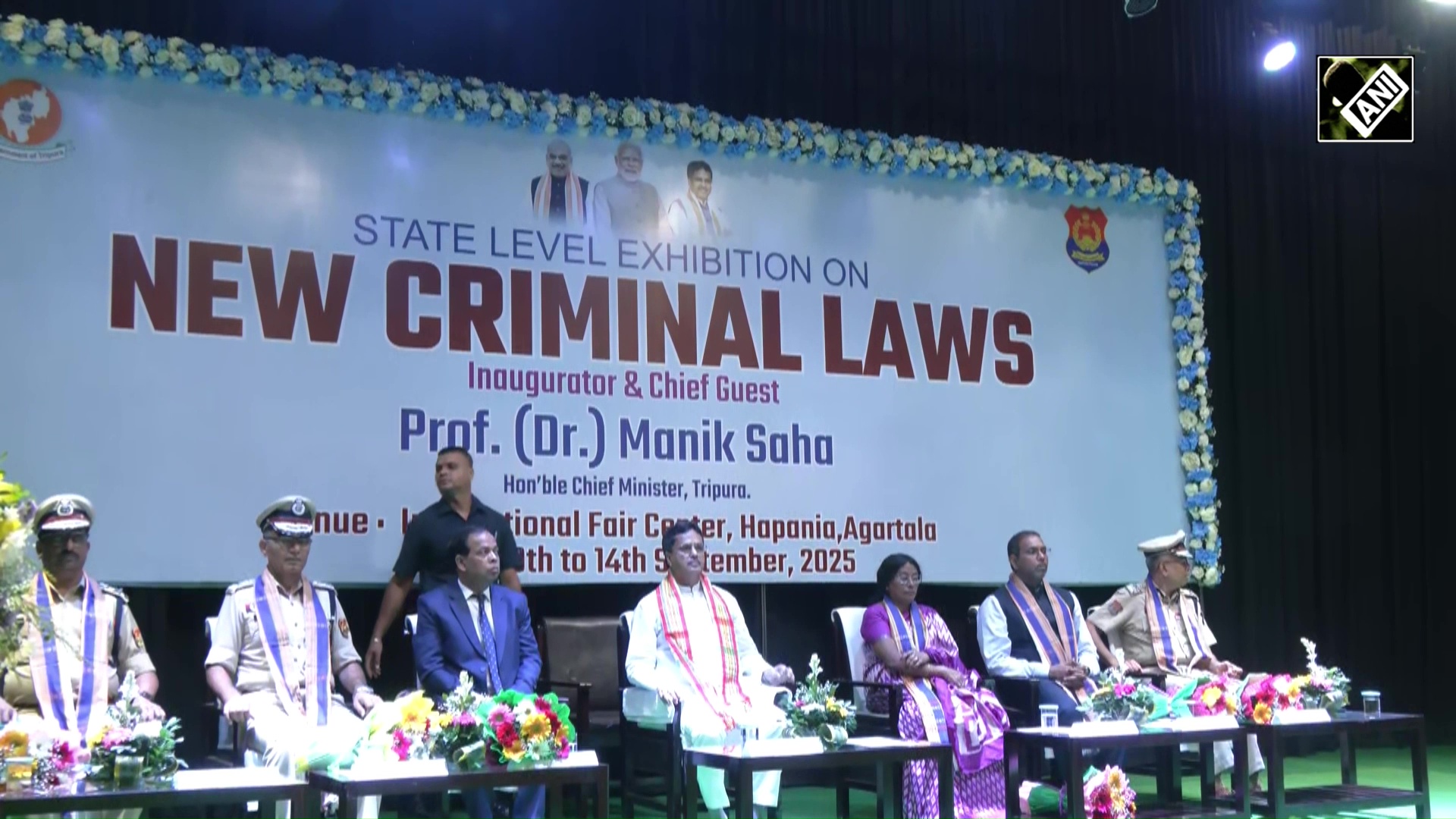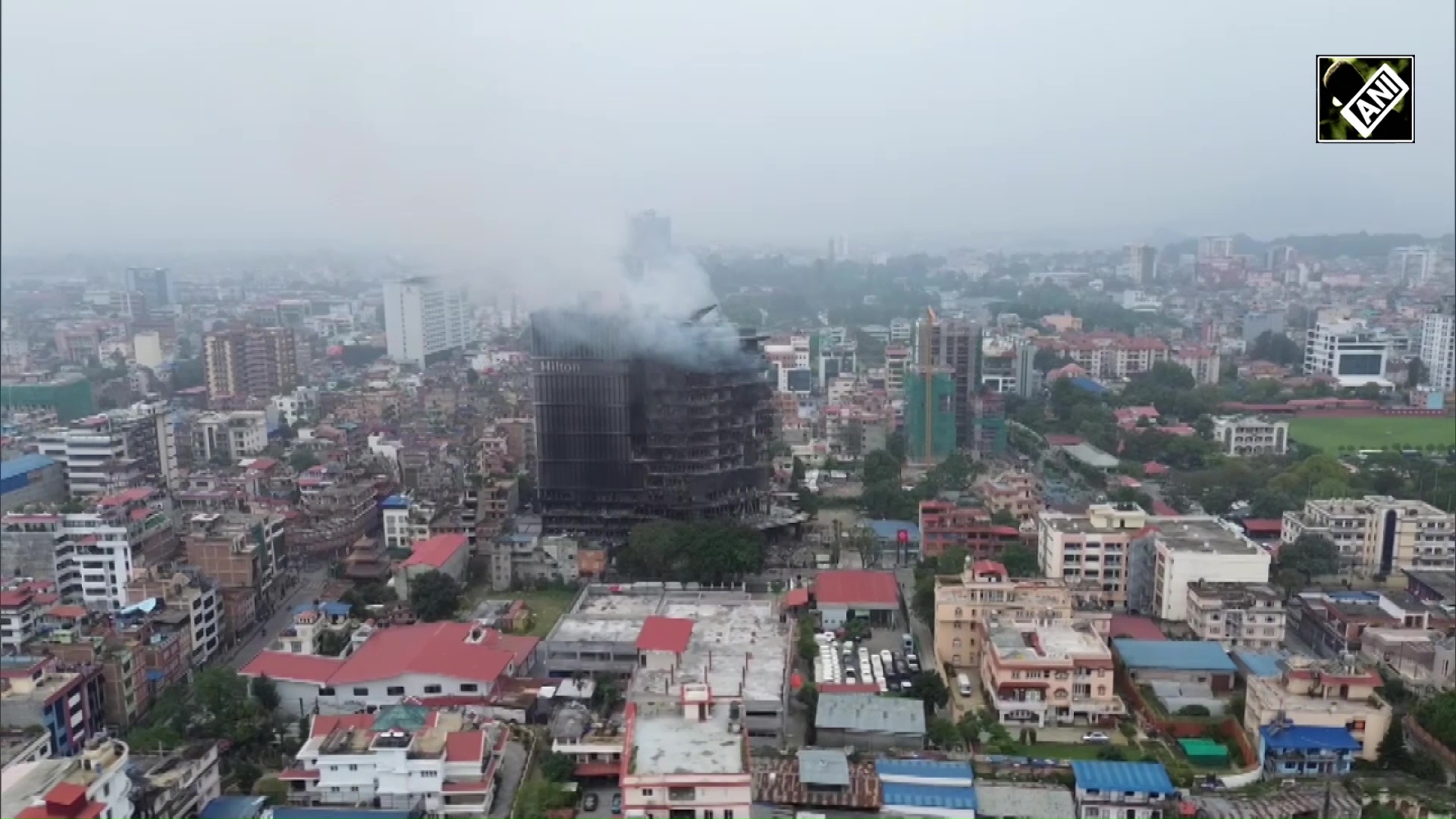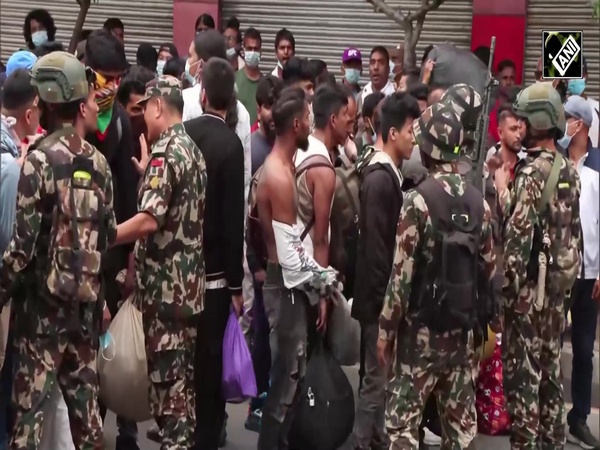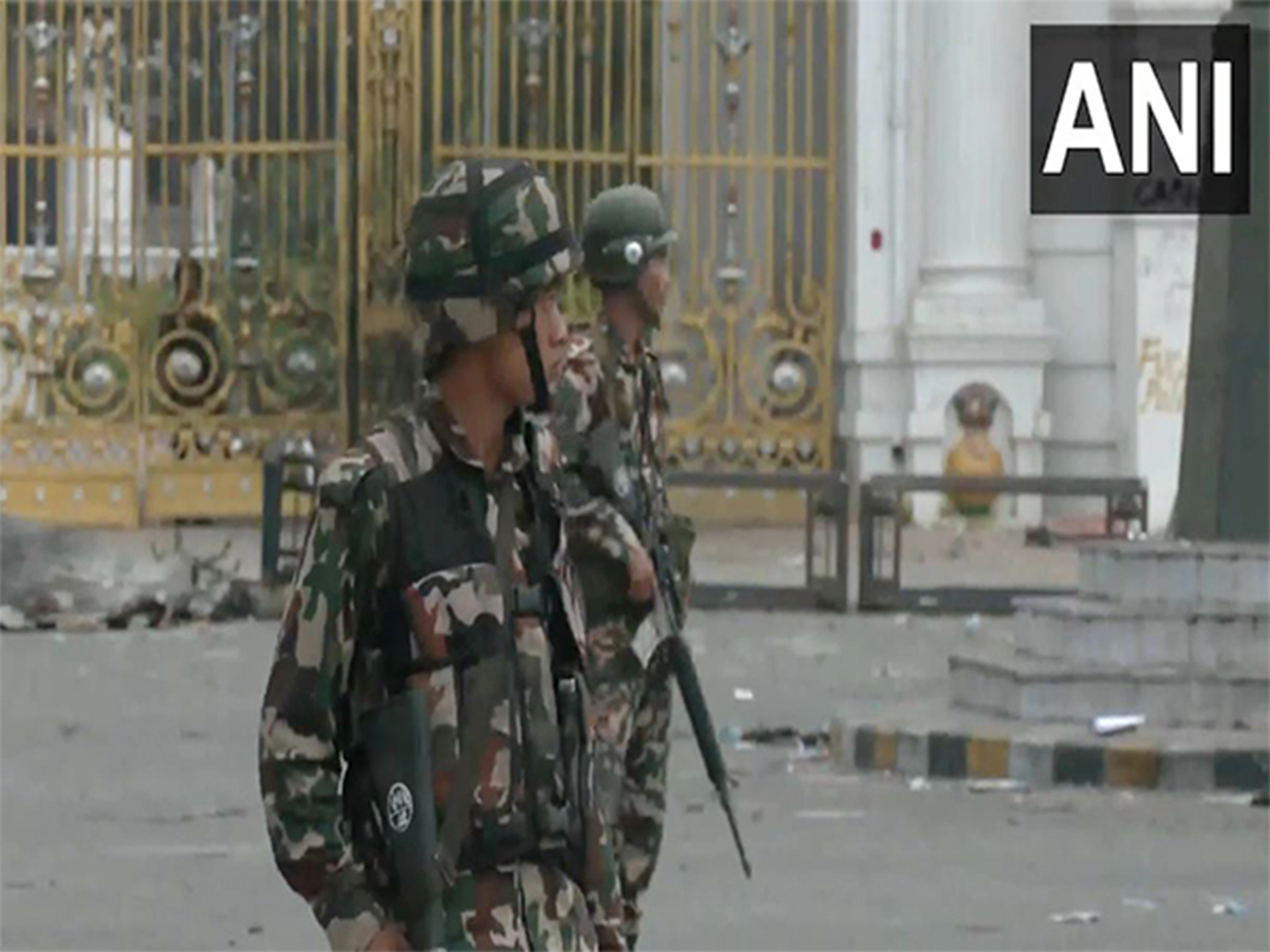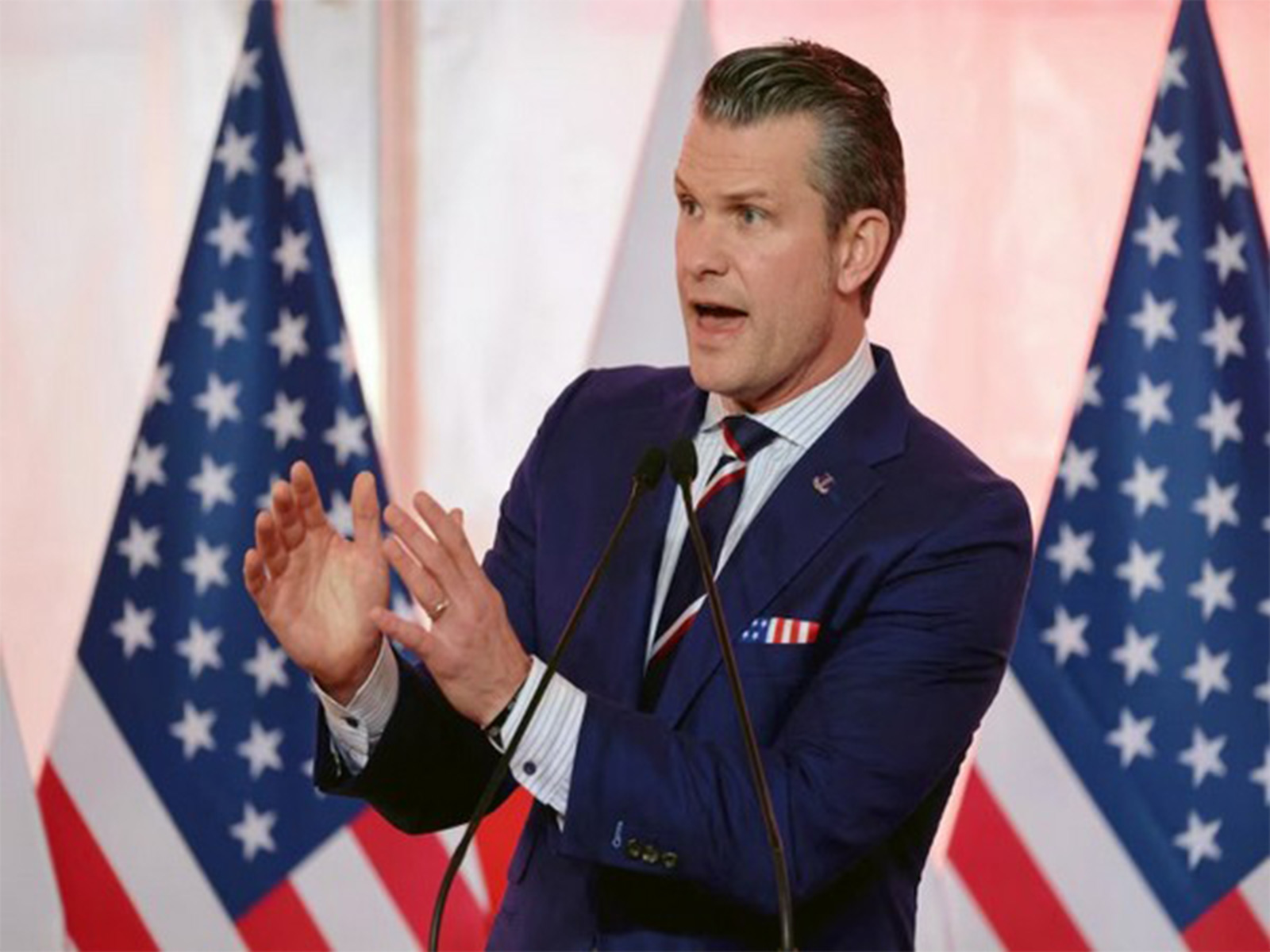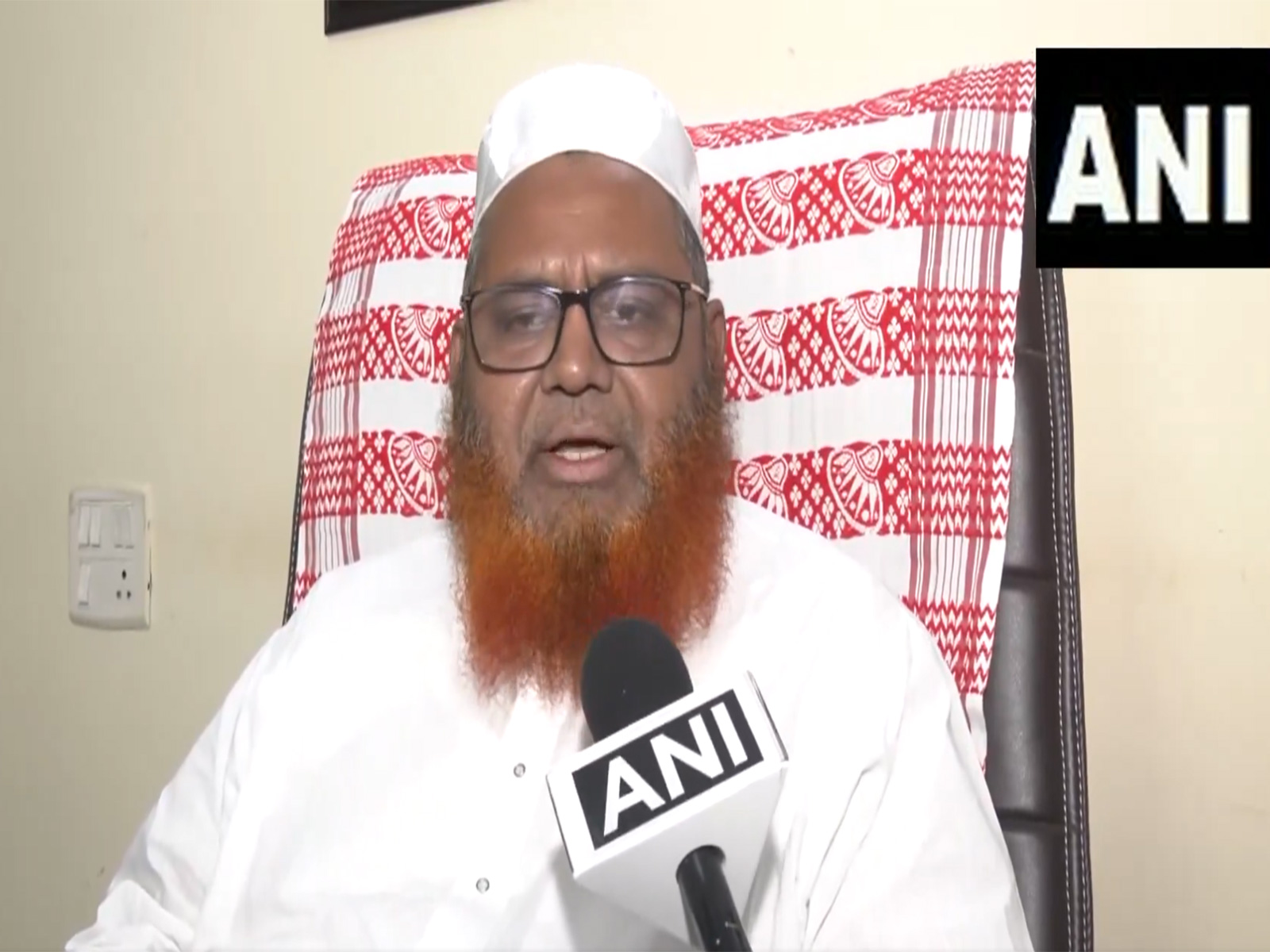
"Matter of concern; if continues, people will suffer a lot": AIUDF's Rafiqul Islam on Nepal unrest
Sep 11, 2025
Guwahati (Assam) [India], September 11 : Amid ongoing unrest in Nepal, All India United Democratic Front (AIUDF) leader Rafiqul Islam on Thursday expressed deep concern, urging the people to sit down and choose their leader peacefully.
The AIUDF leader warned that the situation could severely affect ordinary people if not resolved quickly.
Speaking to ANI, Rafiqul Islam said, "The situation in Nepal is a matter of concern because it is a neighbouring country. The interim government should be restored as soon as possible, otherwise people will face a lot of problems. Offices and markets are closed.... If this continues, people will suffer a lot...The concerned people in Nepal should sit down and choose their leader and give them responsibility... The name of Sushila Karki, former Chief Justice of Nepal Supreme Court, is coming up. It has not been finalised yet... She is a former Chief Justice, which means that she knows the law..."
The AIUDF leader stressed that prolonged uncertainty in Kathmandu would not only hurt Nepalese citizens but could also impact neighbouring countries, including India.
"The incident in Nepal is a matter of concern. It happened in Bangladesh and Sri Lanka recently... There is a lesson in this for the corrupt people..." Islam told ANI.
Meanwhile, 31 people have been killed and over 1000 injured in clashes with security forces during the anti-corruption demonstrations across the country, The Kathmandu Post reported.
The protests began on September 8, 2025, in Kathmandu and other major cities, including Pokhara, Butwal, and Birgunj, following the government's imposition of a ban on major social media platforms, citing concerns over tax revenue and cybersecurity.
The Gen Z-led movement, which initially began as a peaceful protest, has seen moments of violence and chaos, which the leaders blame on political infiltrators.
Protesters have been demanding an end to "institutionalised corruption and favouritism" in governance. They want the government to be more accountable and transparent in its decision-making processes.
